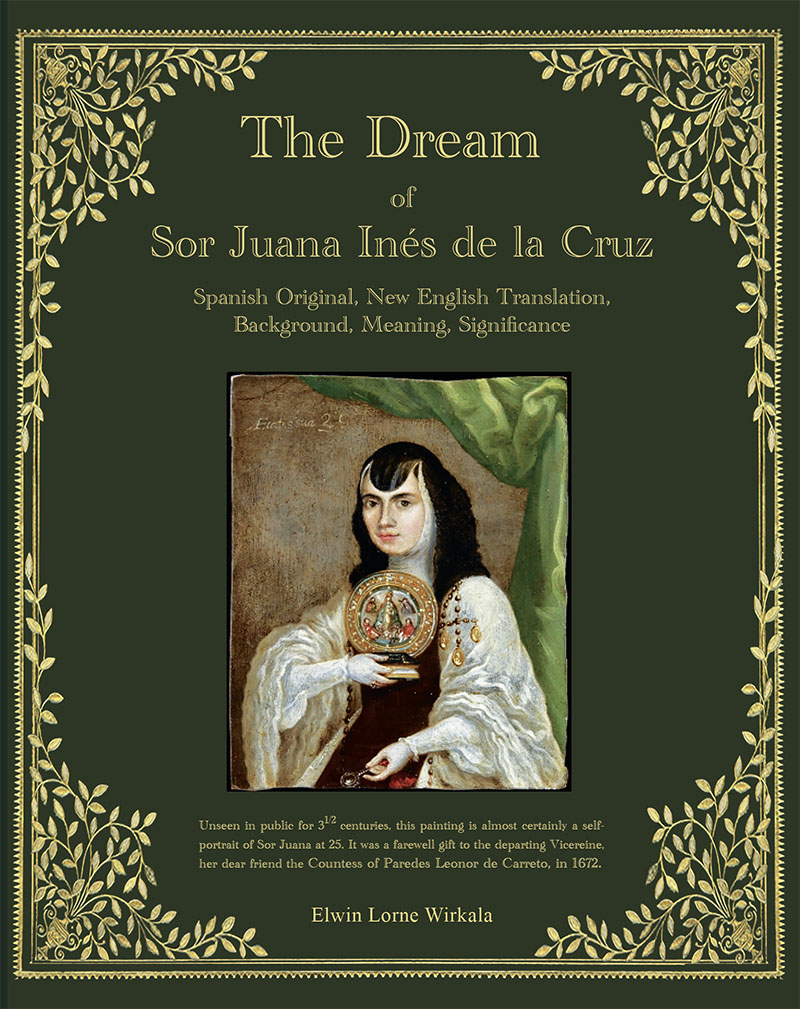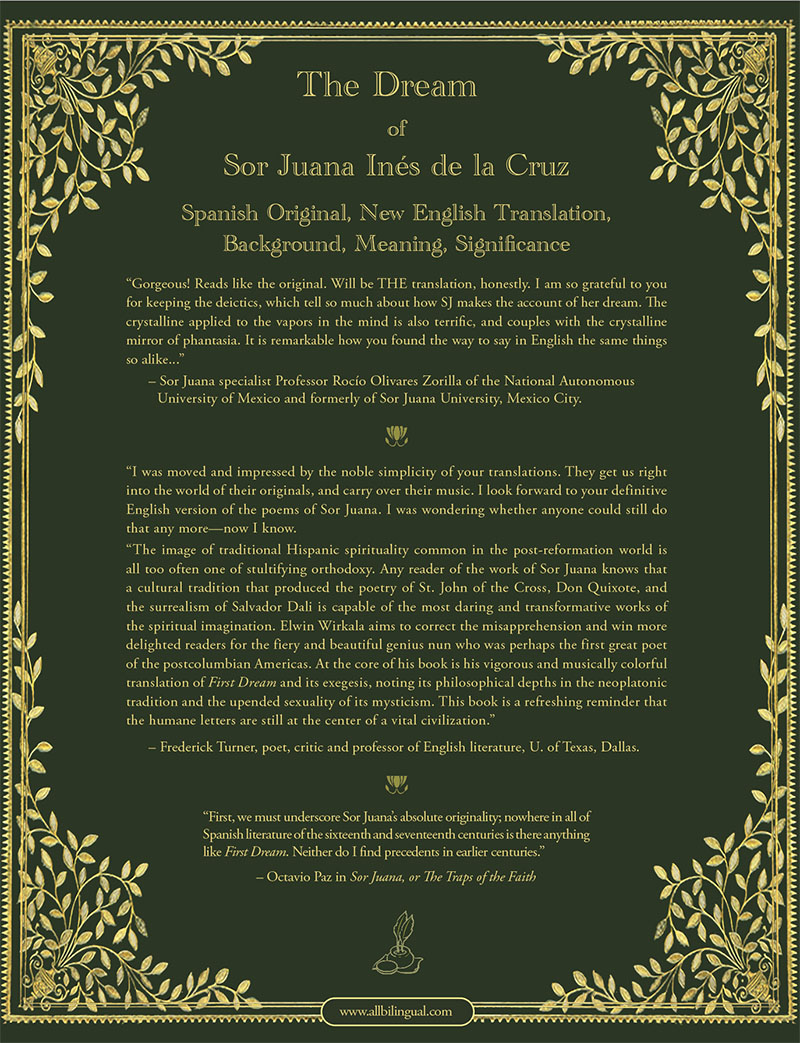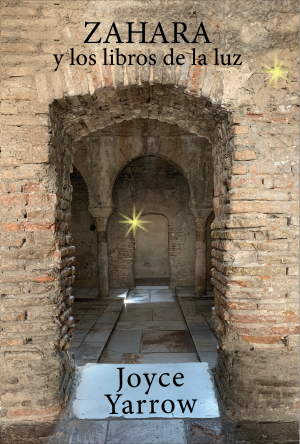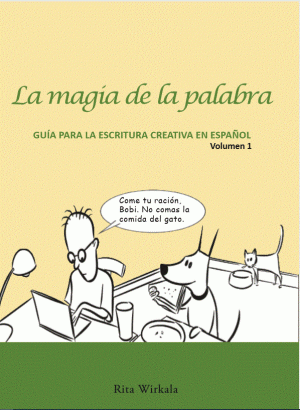
Sor Juana's Dream Special Offer! Save 40% off regular price with Coupon Code SJW2025!
Enter SJW2025 at checkout to receive 40% off! An incredible $19 savings!
Sor Juana’s Dream
$47.00
Introducing The Dream of Sor Juana Inés de la Cruz. Spanish Original, New English Translation, Background, Meaning, Significance ,
by Elwin Lorne Wirkala
Experience the timeless brilliance of a poetic masterpiece.
We are thrilled to announce the upcoming release of a beautifully crafted, full-color hard-cover coffee table book that brings to life the profound philosophical and mystical reflections of one of Latin America’s greatest literary figures.
Why You’ll Love This Book
- A seamless translation from Spanish to English, capturing the essence of Sor Juana’s voice.
- Thoughtful explanations of the poem’s philosophical and mystical dimensions.
- Vibrant, high-quality images and an elegant design worthy of any collection.
Quantities are limited. So Order Now and Join the Journey!
392 Pages | Full Color
ISBN: 979-8-9921651-6-6
Additional information
| Weight | 4.5 lbs |
|---|
Product Description
DESCRIPTION:
Sor Juana’s Dream, one of the finest poems in the Spanish language, is now available in a beautiful highly illustrated coffee table edition
This edition features a standalone bilingual version of the poem followed by a very detailed line-by-line discussion of Sor Juana’s ideas, which she illustrates with frequent references to Greek and Roman mythology largely derived from Ovid’s Metamorphoses. The poem presents serious spiritual, philosophical and scientific ideas with the light touch of a major poet.
As for the translation’s quality, see the following blurbs:
Gorgeous! Reads like the original. Will be THE translation, honestly. I am so grateful to you for keeping the deictics, which tell so much about how SJ makes the account of her dream. Th e crystalline applied to the vapors in the mind is also terrifi c, and couples with the crystalline mirror of phantasia. It is remarkable how you found the way to say in English the same things so alike…
– Sor Juana specialist Professor Rocio Olivares Zorilla of the National Autonomous
University of Mexico, formerly of Sor Juana University, Mexico City.
***
I was moved and impressed by the noble simplicity of your translations. They get us right into the world of their originals and carry over their music. I look forward to your definitive English version of the poems of Sor Juana. I was wondering whether anyone could still do that anymore—now I know.”
The image of traditional Hispanic spirituality common in the post-reformation world is all too often one of stultifying orthodoxy. Any reader of the work of Sor Juana knows that a cultural tradition that produced the poetry of St. John of the Cross, Don Quixote, and the surrealism of Salvador Dali is capable of the most daring and transformative works of the spiritual imagination. Elwin Wirkala aims to correct the misapprehension and win more delighted readers for the fiery and beautiful genius nun who was perhaps the first great poet of the post Columbian Americas. At the core of his book is his vigorous and musically colorful translation of First Dream and its exegesis, noting its philosophical depths in the neoplatonic tradition and the upended sexuality of its mysticism. This book is a refreshing reminder that the humane letters are still at the center of a vital civilization.
– Frederick Turner, poet, critic and professor of English Literature of the University of Texas, Austin.






